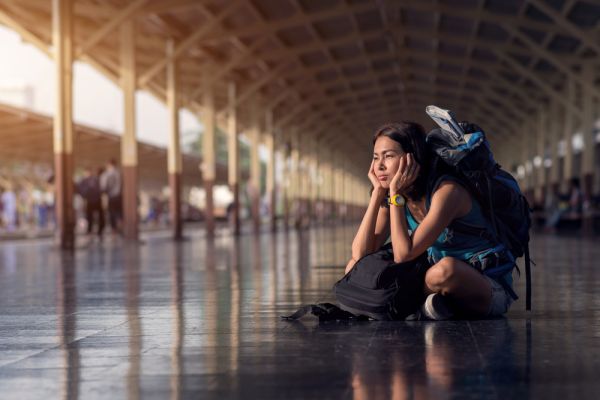Character matters! Personality differences are often summed up based on five broad dimensions, which are called the Big Five: neuroticism, extraversion, agreeableness, conscientiousness, and openness to experience. But in the early 2000s psychologists discovered evidence of a sixth personality factor, which led to a new model of personality called HEXACO. The distinctly new factor is called “honesty-humility,” and it is a component of moral character. (The other components of HEXACO are all variations of the Big Five.)

HEXACO retains much of the Big Five, but redefines some of the personality factors and adds a sixth. Today, both the five-factor model and HEXACO are used by different teams of personality researchers to capture differences between people.
The factors that make up HEXACO are:
- Honest-humility
- Emotionality (similar in a number of ways to neuroticism),
- Extraversion
- Agreeableness
- Conscientiousness
- Openness to Experience
Broadly speaking, honest-humility is a dimension of personality that reflects the degree to which a person promotes—or doesn’t—their own interests above those of others. More specifically, it includes aspects of personality such as one’s levels of sincerity, fairness, modesty and (dis)interest in wealth and signs of status.
Beyond the addition of honesty-humility, the HEXACO model defines other factors somewhat differently than the five-factor model does. A trait factor called emotionality roughly corresponds with the Big Five factor neuroticism, but includes some components that neuroticism does not, such as sentimentality. Similarly, the HEXACO version of agreeableness encompasses whether one is anger-prone or not, which would be linked to neuroticism in the Big Five.
Like the Big Five, it’s based on lexical analysis: Psychologists analyze the adjectives people naturally use to describe themselves and others. Broad factors (such as conscientiousness) emerge based on the way specific characteristics (such as “organized” and “disciplined”) tend to cluster together. In the early days of lexical analysis, limited computing power required some consolidation of the adjectives used, and the traits were sorted into five factors. Recent technological gains enabling more fine-grained analyses of various languages have led to the emergence of six factors.
Kibeom Lee and Michael Ashton, a team of psychologists based in Canada, developed HEXACO in the early 2000s.

In a sense, the honesty-humility factor in the HEXACO model of personality reflects a person’s moral character. Character serves a very basic human function in that it reveals a person’s deepest intentions toward others. What’s more, studies suggest that character is one of the firsts in first impressions—a key feature that people try to gauge in sizing up others. We want to know whether that stranger standing before us intends to help or harm us—including in situations where our back will be turned.
You likely already have some sense of your level of honesty and humility. But responding to a questionnaire called the HEXACO Personality Inventory-Revised (HEXACO-PI-R) can provide information about how you compare to others on the honest-humility dimension (including on components like sincerity, fairness, and modesty), as well as on other HEXACO factors.
Character’s mission is to allow us to evaluate others, to judge them in the service of developing trust. And honesty outranks all of the other elements of character: In the absence of honesty, no information from a person is reliable. Trustworthiness influences a person’s likelihood of cooperation with you and how well they are likely to follow through on their commitments to you.
Like other individual differences, character is influenced by both genetic makeup and environmental factors. Studies show that infants as young as nine months have a basic sense of fairness and tend to choose to interact with people who behave fairly. There is also evidence that parents do things—such as demonstrating the value of sharing and reciprocity—that may further the development of children’s moral character. And the beliefs and values that inform character may be shaped to some degree by culture as well.















